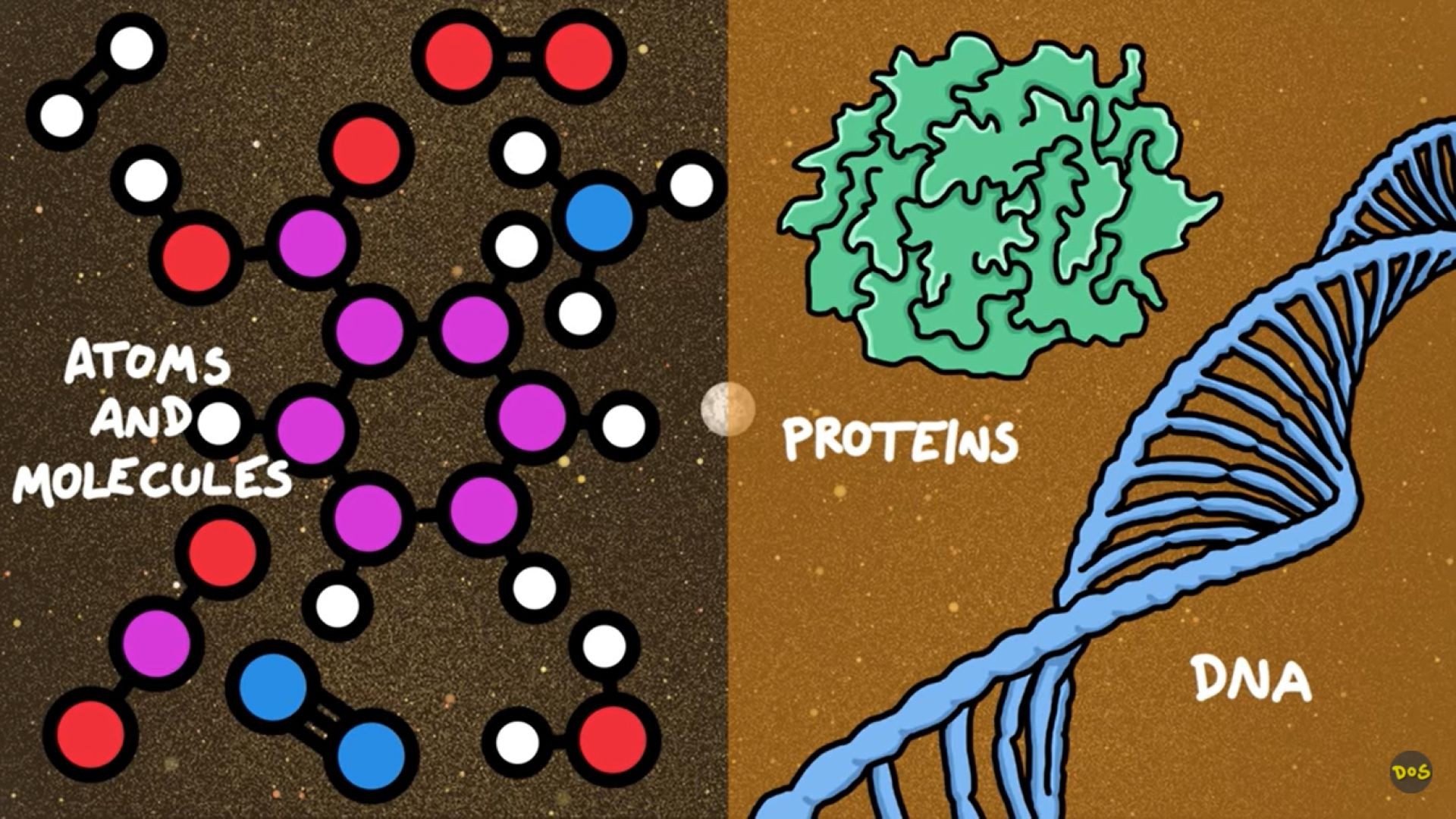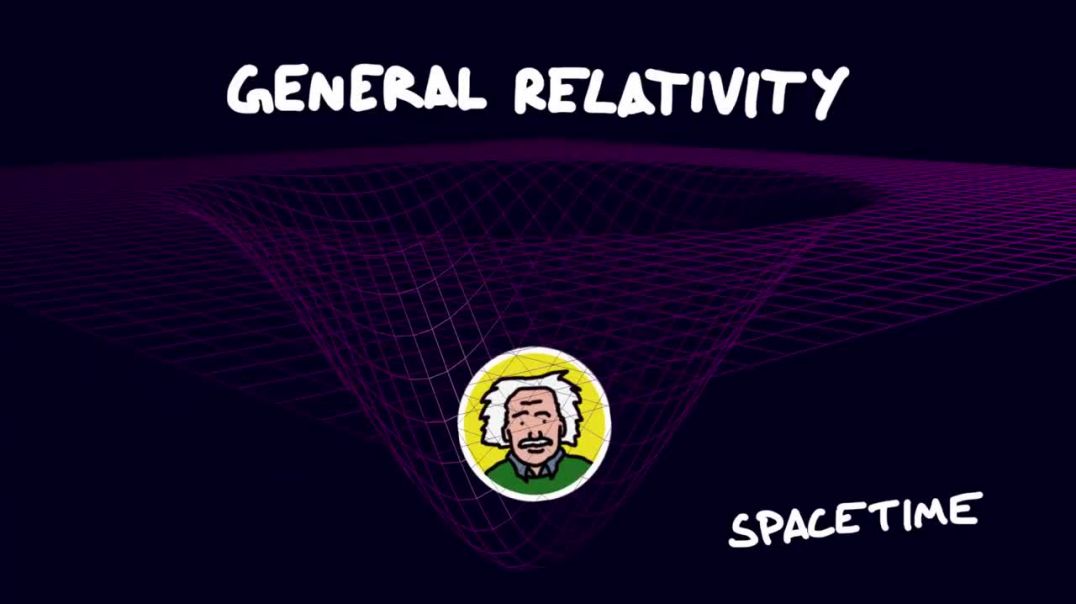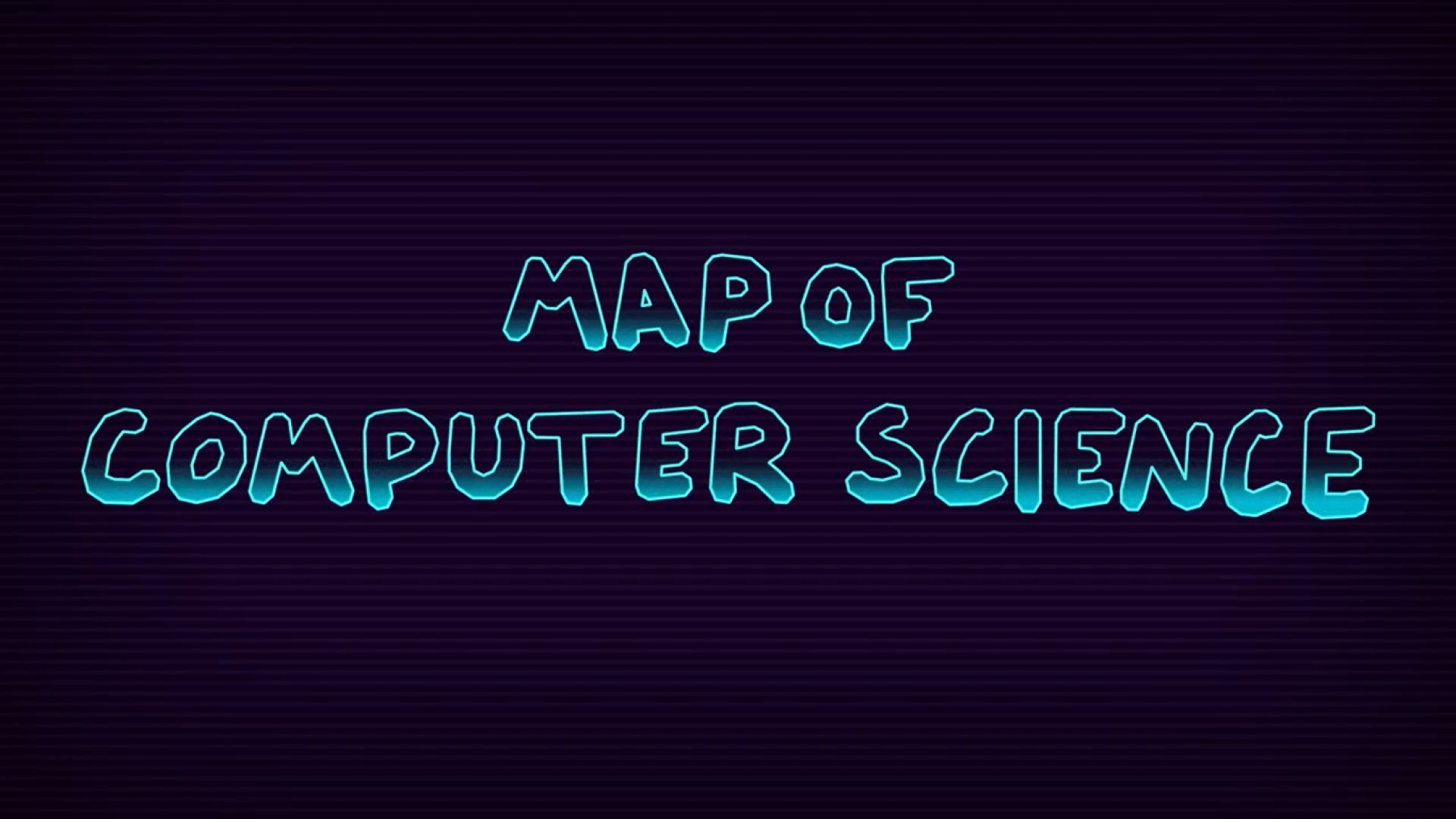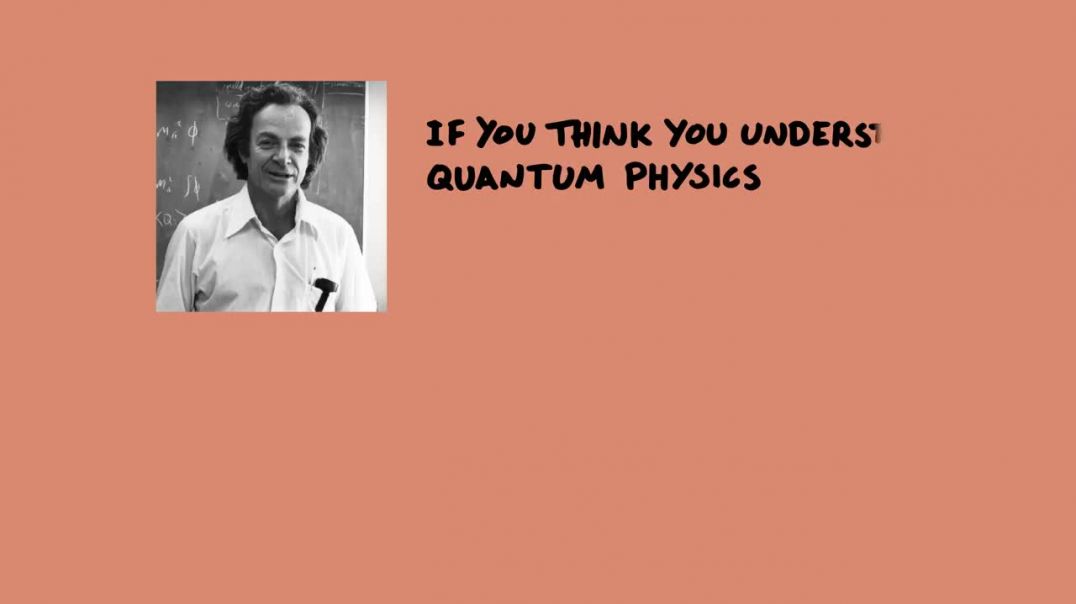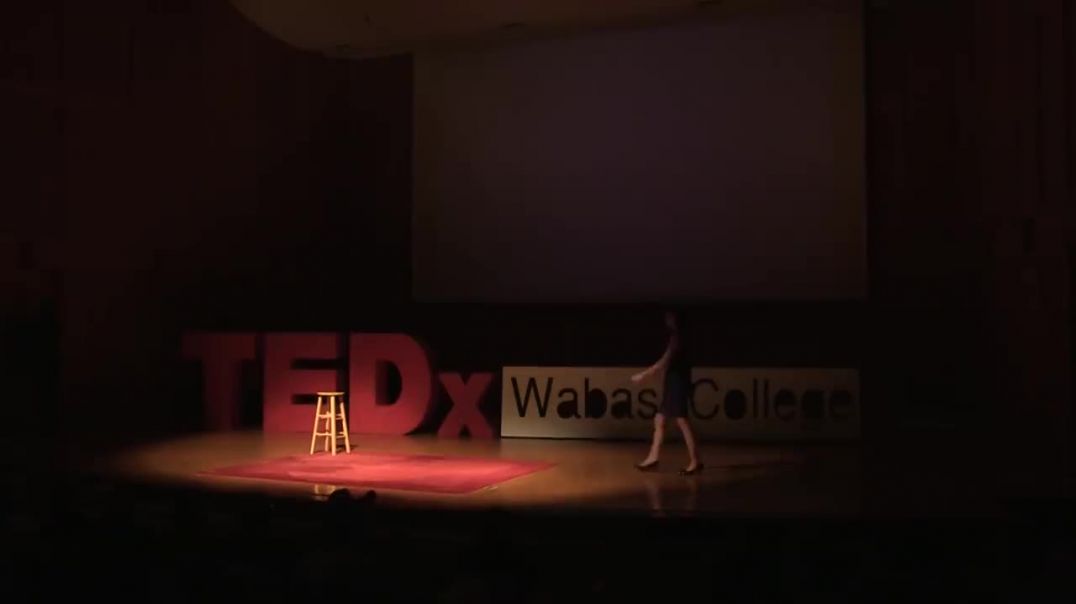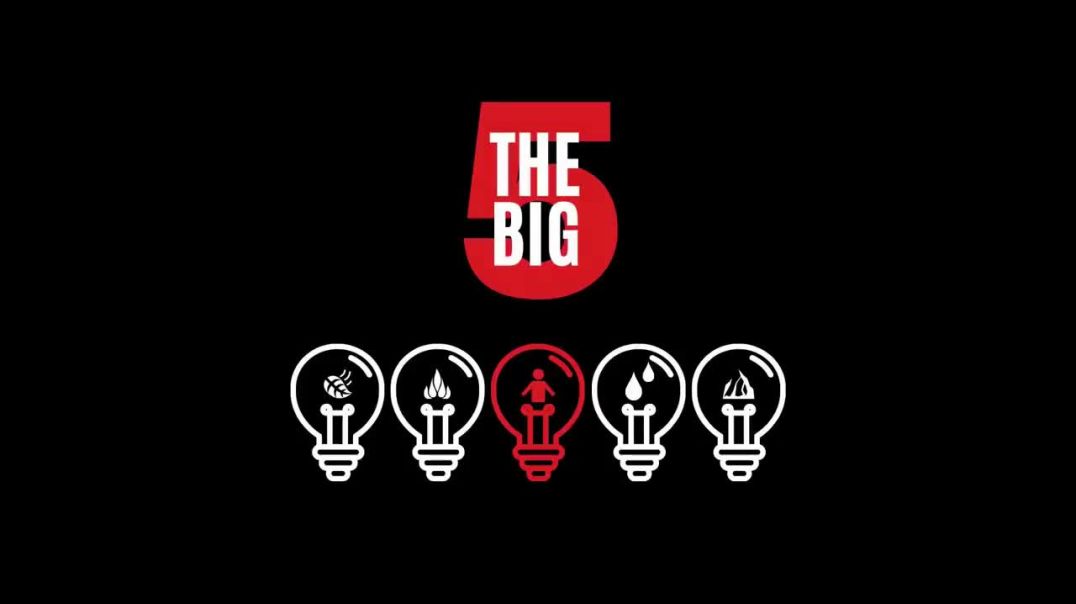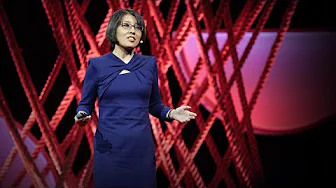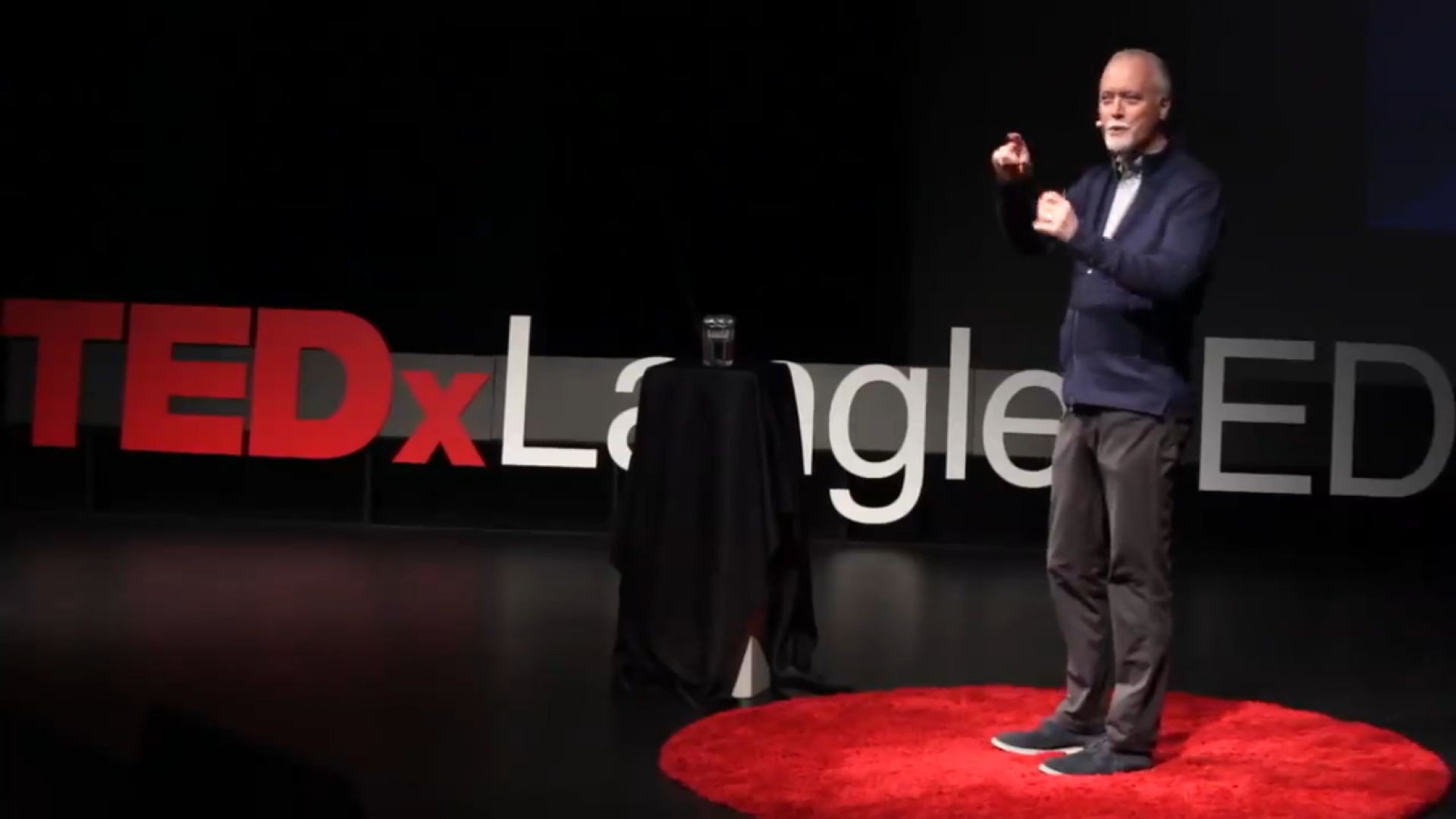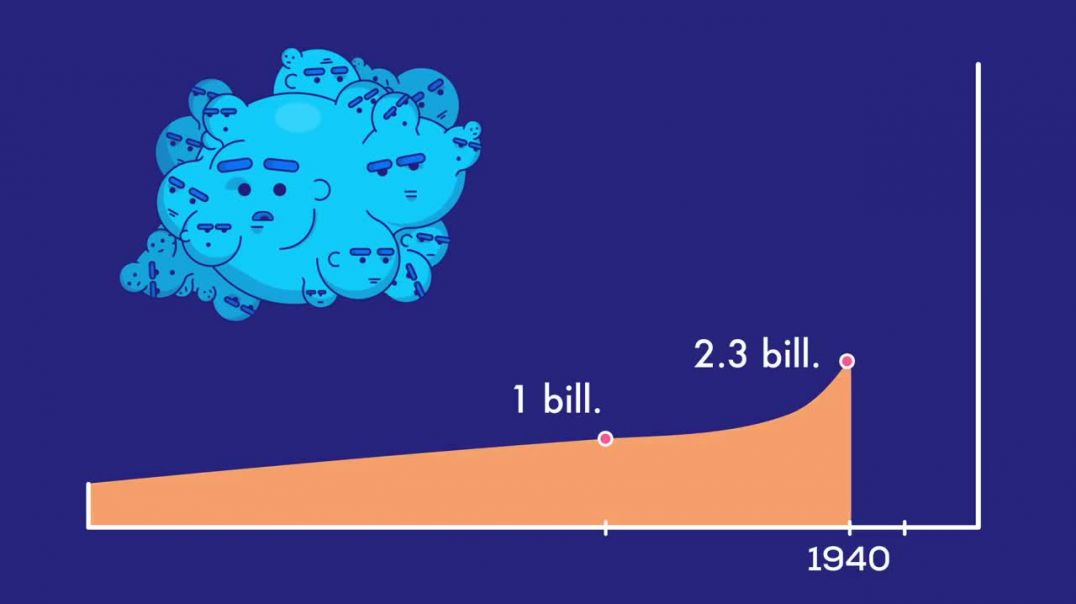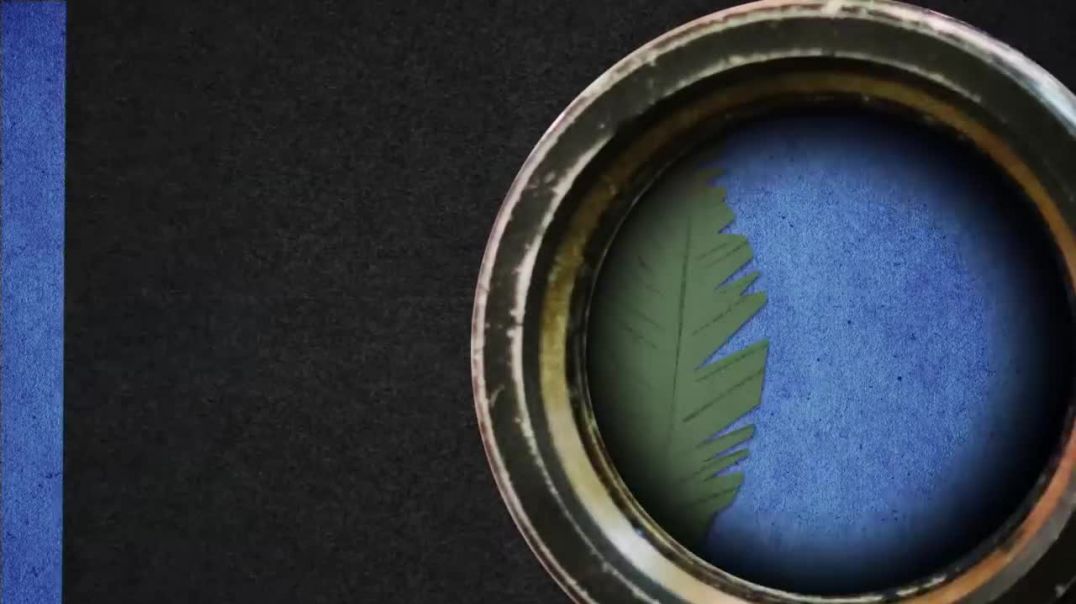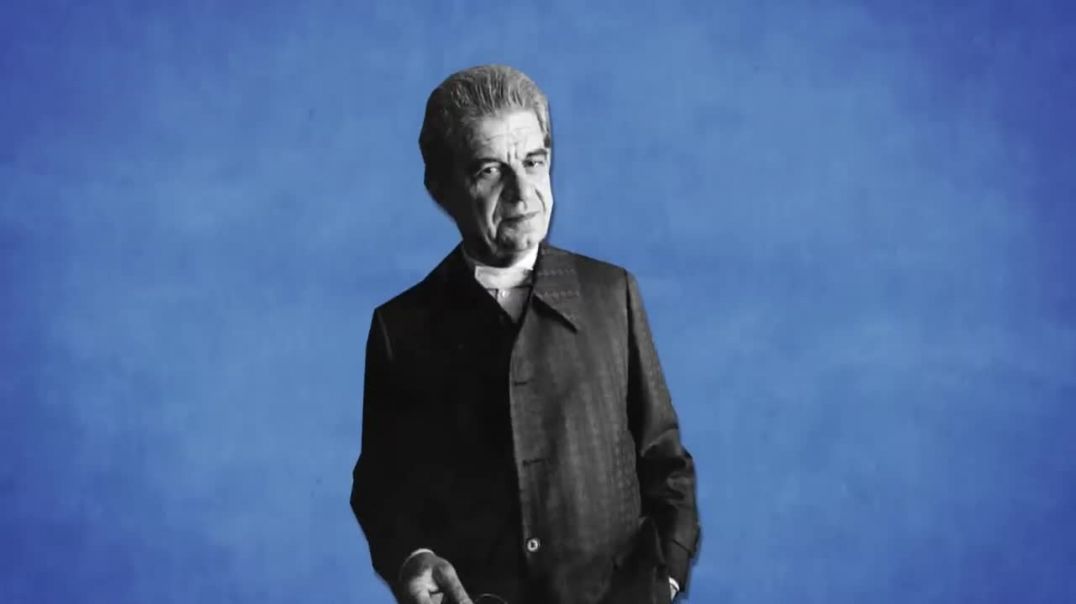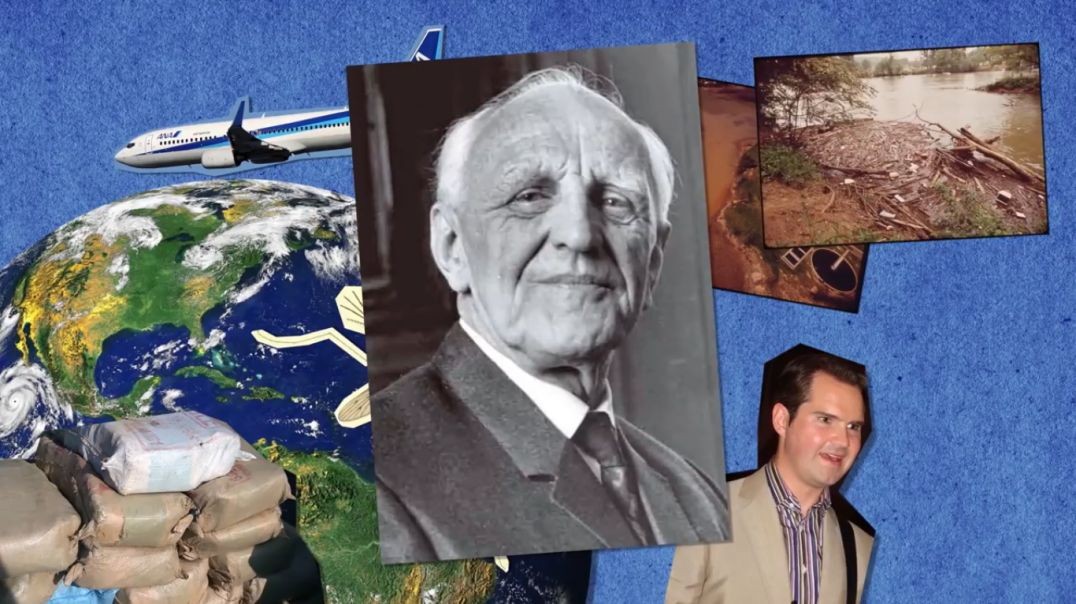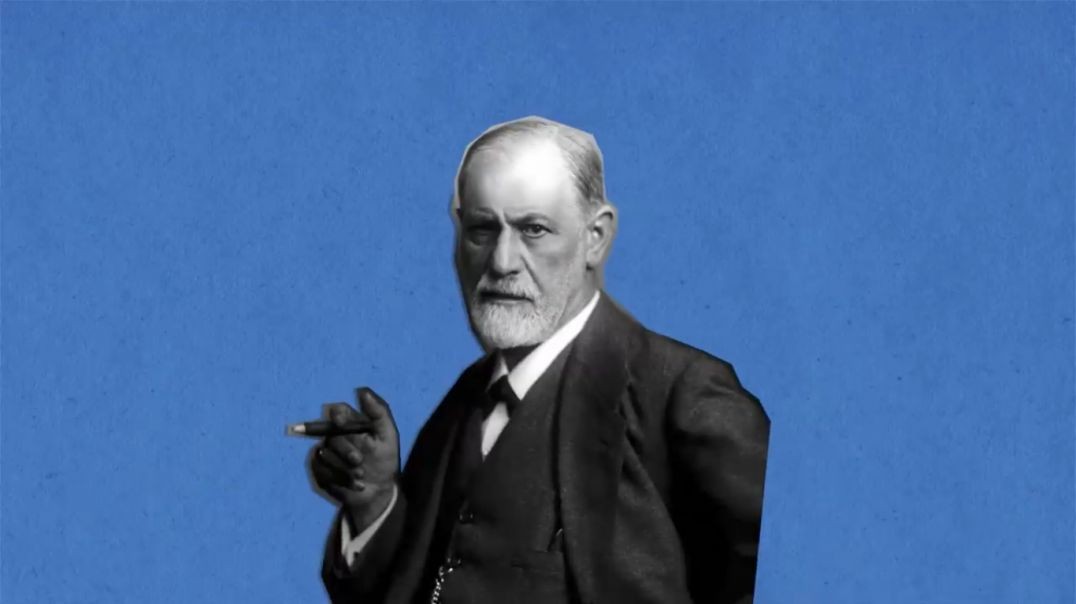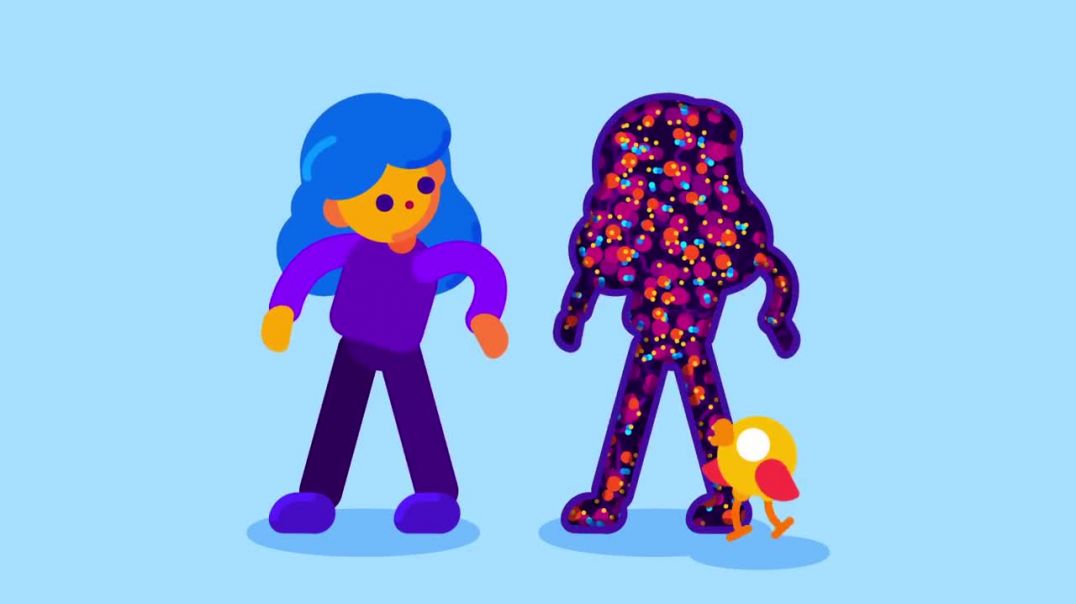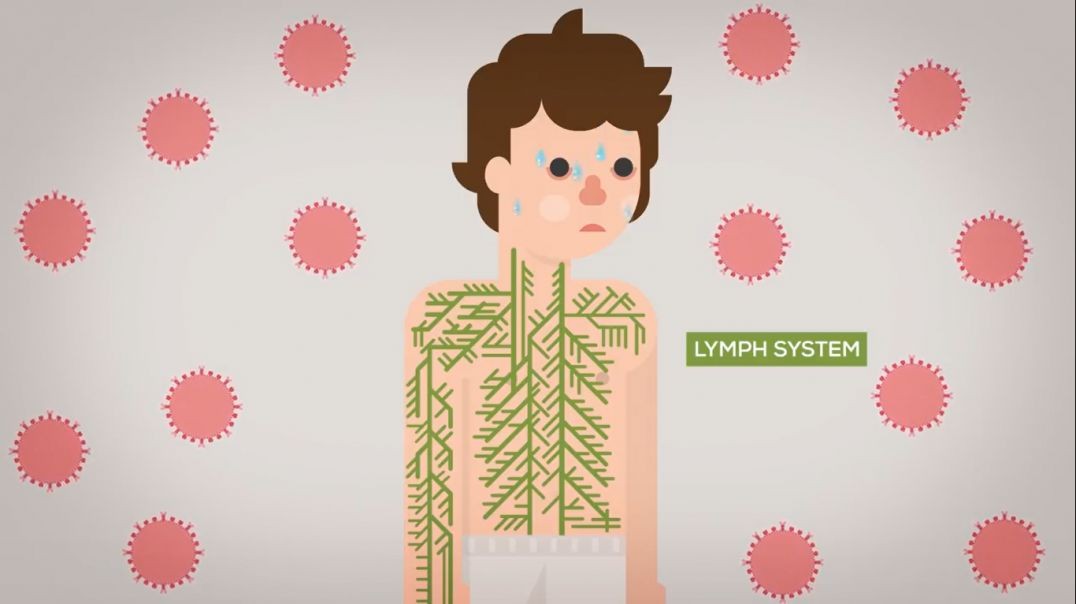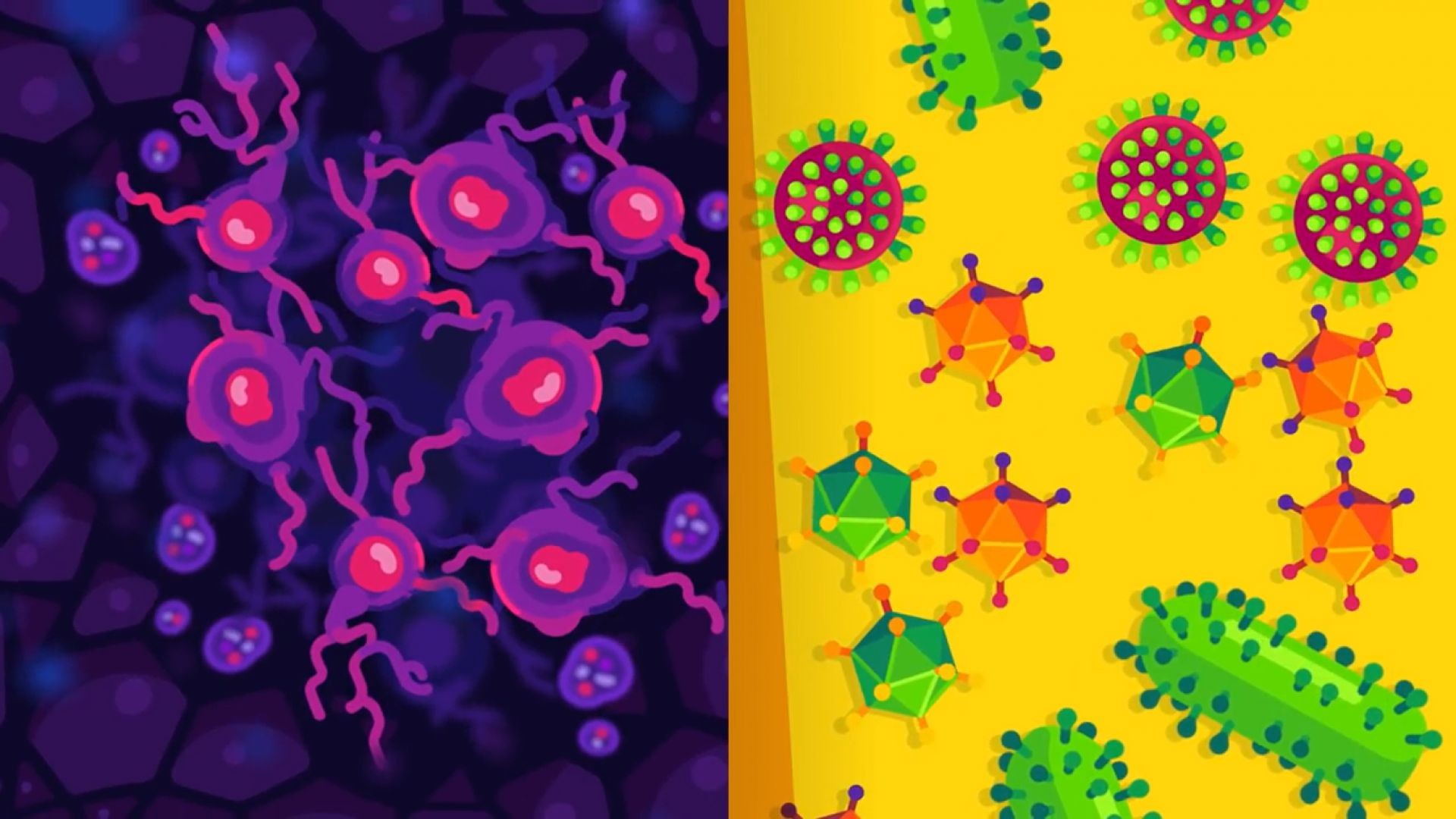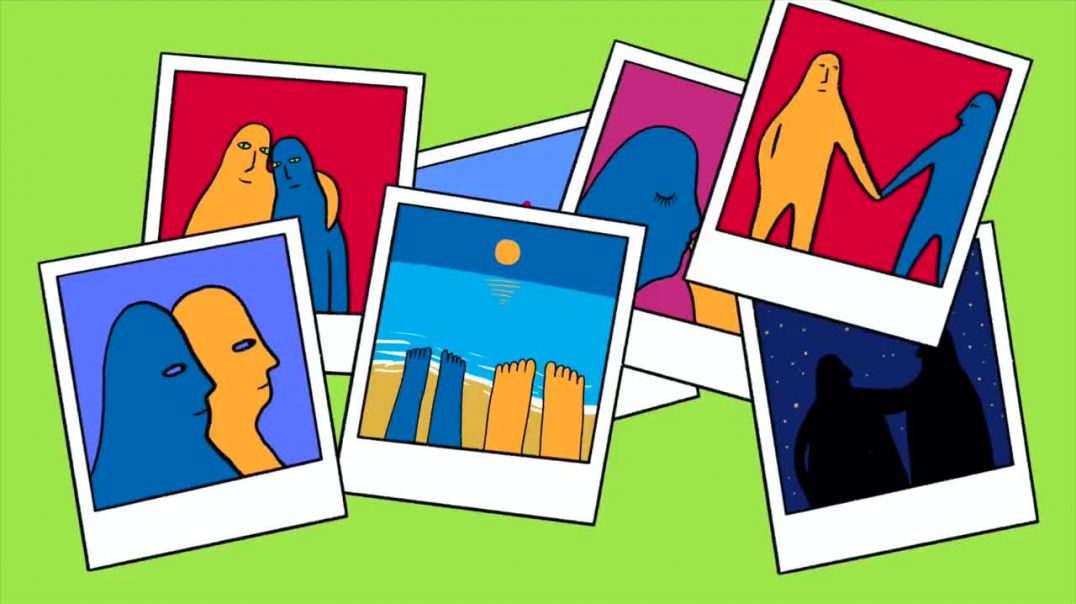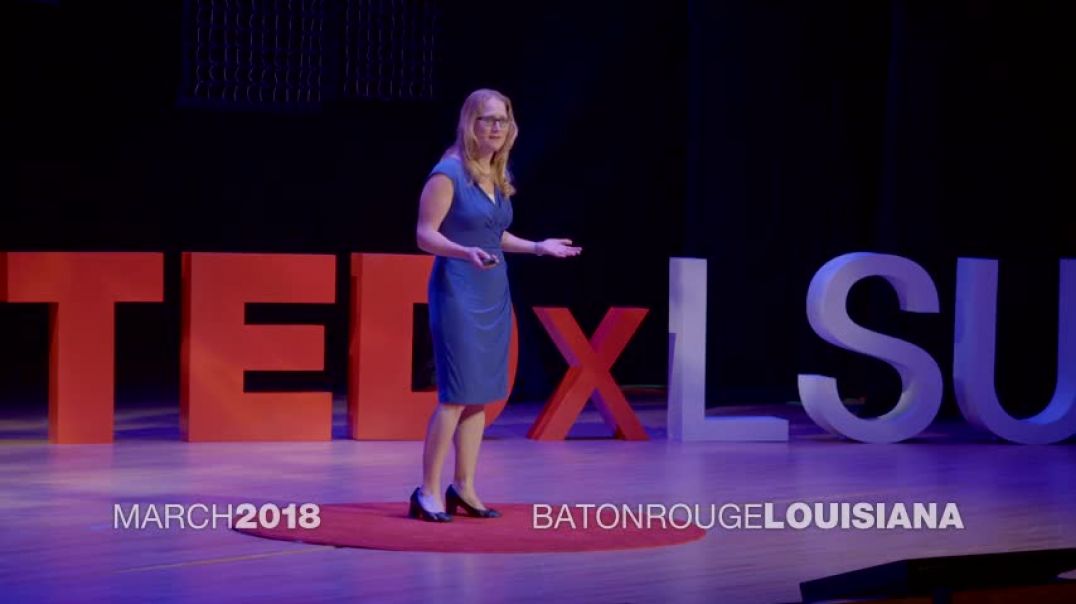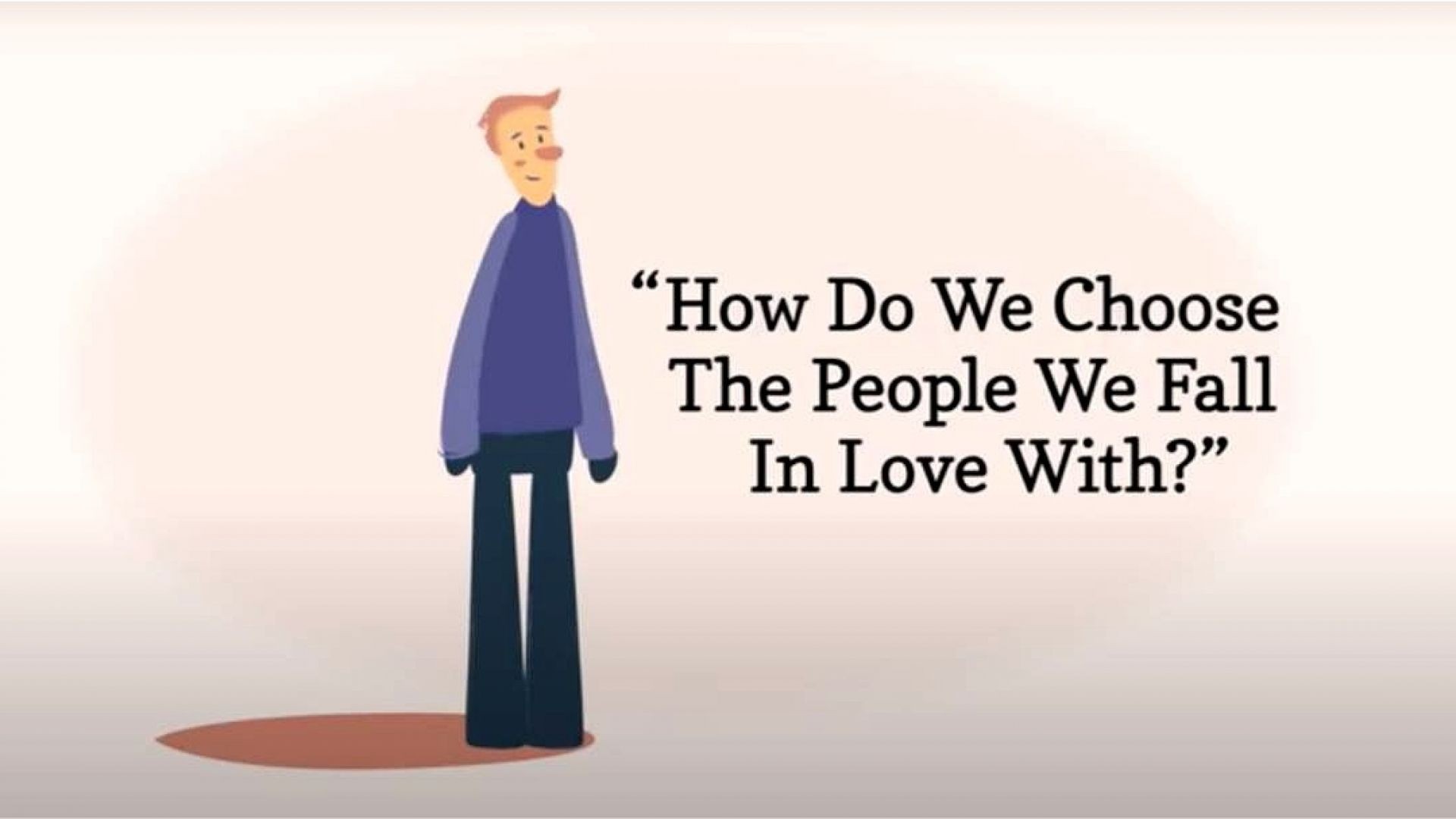تازہ ترین ویڈیوز
The entire field of chemistry summarised in 12mins from simple atoms to the molecules that keep you alive.
Everything you need to know about gravitational waves. In February 2016 scientists announced the first detection of gravitational waves by humans on Earth. This was a huge, world-changing, discovery. The gravitational waves were caused by a pair of colliding black holes 1.3 billion light-years away 1.3 billion years ago. This video summarizes all of the mind-blowing facts about gravitational waves and describes LIGO, the incredibly sensitive telescope that detected them.
Computer science is the subject that studies what computers can do and investigates the best ways you can solve the problems of the world with them. It is a huge field overlapping pure mathematics, engineering and many other scientific disciplines. This video summarises as much of the subject and show how the areas are related to each other.
A simple and clear explanation of all the important features of quantum physics that you need to know. The video explains the quantum wavefunction, particle-wave duality, the measurement problem, the double-slit experiment, superposition, entanglement, quantum tunneling, the Heisenberg uncertainty principle, and energy quantisation.
Pulling from personal experience as a professor at the IU Kelley School of Business as well as her time working with Coach Bob Knight, Ann Bastianelli explains that marketing principles of big brand companies are applicable to building one’s personal brand. Ms. Bastianelli asks us to consider how we are unique and what we have to offer to every opportunity that is waiting for us in the future!
The theme of his talk is "How to start your own business without investors?". Nicholas answers the question by giving tips based on his personal experience. Nicholas Hänny is the co-founder and CEO of NIKIN, a sustainable clothing brand from Switzerland that plants one tree for each product sold. NIKIN has been in the top 3 of the Swiss Economic Award 2019 and won the “Swiss Brand of the Year” Award for best cost-benefit ratio in the Swiss clothing industry. With NIKIN, Nicholas is responsible for already 500’000 trees planted. He has also been elected “Aargauer of the Year 2019”. This talk was given at a TEDx event using the TED conference format but independently organized by a local community.
Business management in China is changing, says management consultant Fang Ruan. Learn how Chinese entrepreneurs -- long guided by Confucianism's emphasis on authority and regulation -- are now looking to Taoist philosophy for a new, dynamic leadership style that believes things spontaneously transform and naturally achieve perfection when they're supported, not controlled.
In this talk, Bill Roche shares stories of students that have created their own real business ventures with PowerPlay Young Entrepreneurs. He illustrates the power of enabling students to take charge of their learning with freedom to make mistakes, and challenging them to actively develop entrepreneurial skills.
In a very short amount of time the human population exploded and is still growing very fast. Will this lead to the end of our civilization?
Melanie Klein was a great psychotherapist who teaches us how to stop either idealising or denigrating others.
Jacques Lacan was France’s most famous psychoanalyst, who came up with the intriguing concept of the ‘mirror phase.’ This video shows his take on Psychotherapy.
Donald Winnicott has lots to teach us about how to look after children - but also about how not to aim for perfection. Being a 'good enough' parent is good enough.
Sigmund Freud, the inventor of psychoanalysis, appreciated the many ways in which our minds are troubled and anxious. It isn't us in particular: it's the human condition. Find out more about how Freud thought in our 'Great Thinkers'
At this very second, you are on a narrow ledge between life and death. You probably don’t feel it, but there is an incredible amount of activity going on inside you. And this activity can never stop.
Somewhat unsettlingly, the universe wants you to reach the top. How do you avoid that and why are you alive?
Everybody is talking about Measles – but what does the virus actually do in the body? Is it really so harmful that you need a vaccination? We go deep into the body of an infected person and see what Measles does and how the immune system reacts to it!
Vaccines are one of our best tools to prevent dangerous diseases, but they come with side effects. So would it be safer not to vaccinate?
The human immune system is the most complex biological system we know, after the human brain, and yet, most of us never learn how it works. Or what it is. Here's a video explaining the complex process of our immune system.
It can be hard to know what we really need from a relationship. But the task becomes much simpler if we keep in mind that every relationship requires just three crucial ingredients to work.
In 2013, a treasure trove of unusual fossils were uncovered in a cave in South Africa, and researchers soon realized: these were the remains of a new species of ancient humans. Paleoanthropologist Juliet Brophy takes us inside the discovery of Homo naledi, explaining how this mysterious ancestor is forcing us to rethink where we come from -- and what it means to be human.
We’re given very little guidance on how to choose our partners and tend to leave it to that mysterious force we know as ‘instinct’. However, it truly pays to be a little more rational in this area and work out how our instincts operate and why they push us towards some people and away from others
